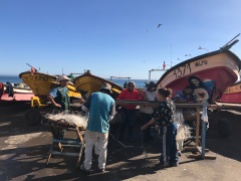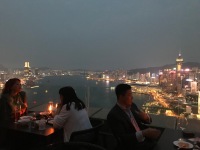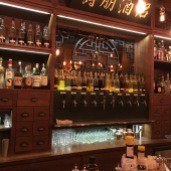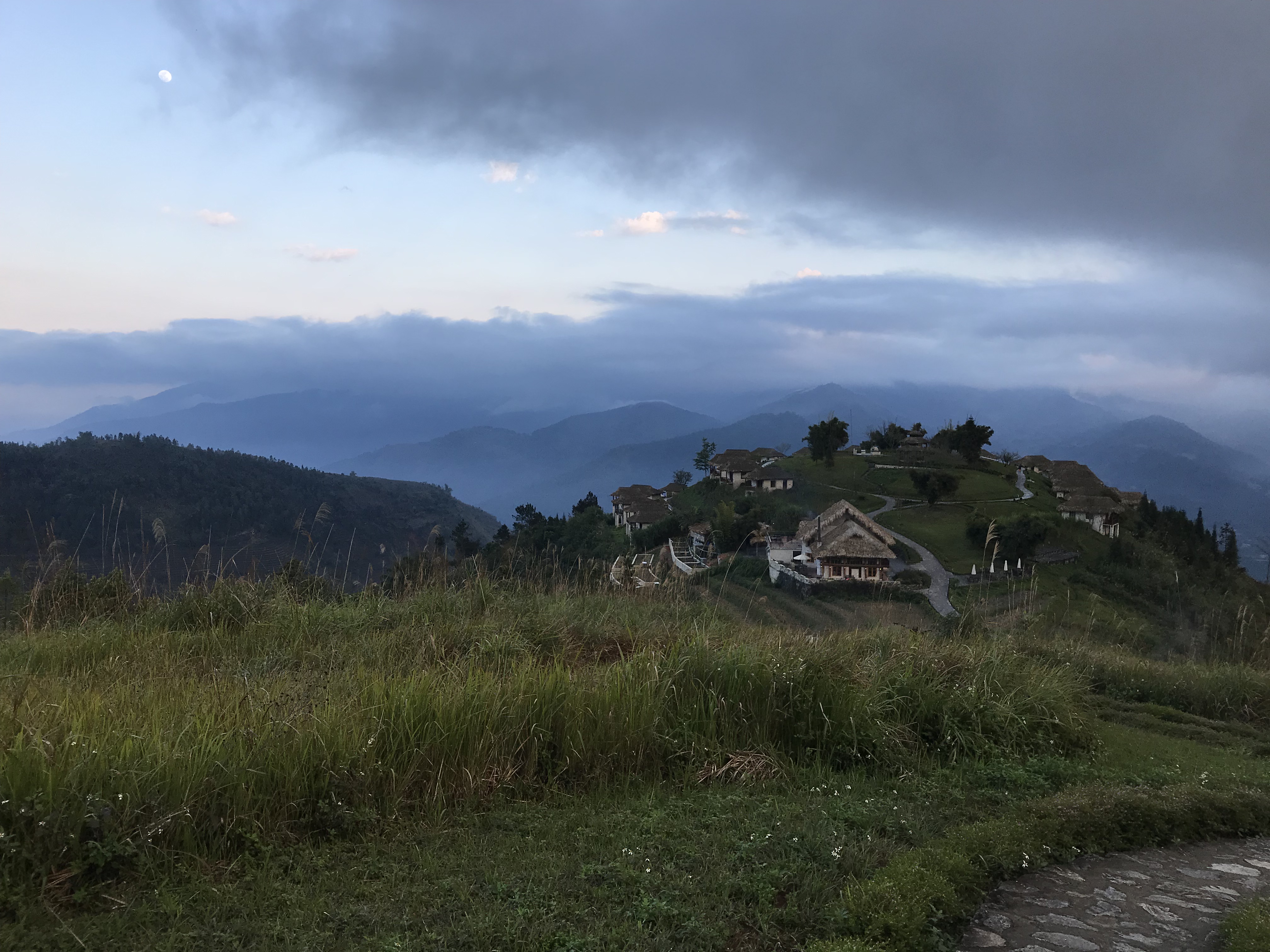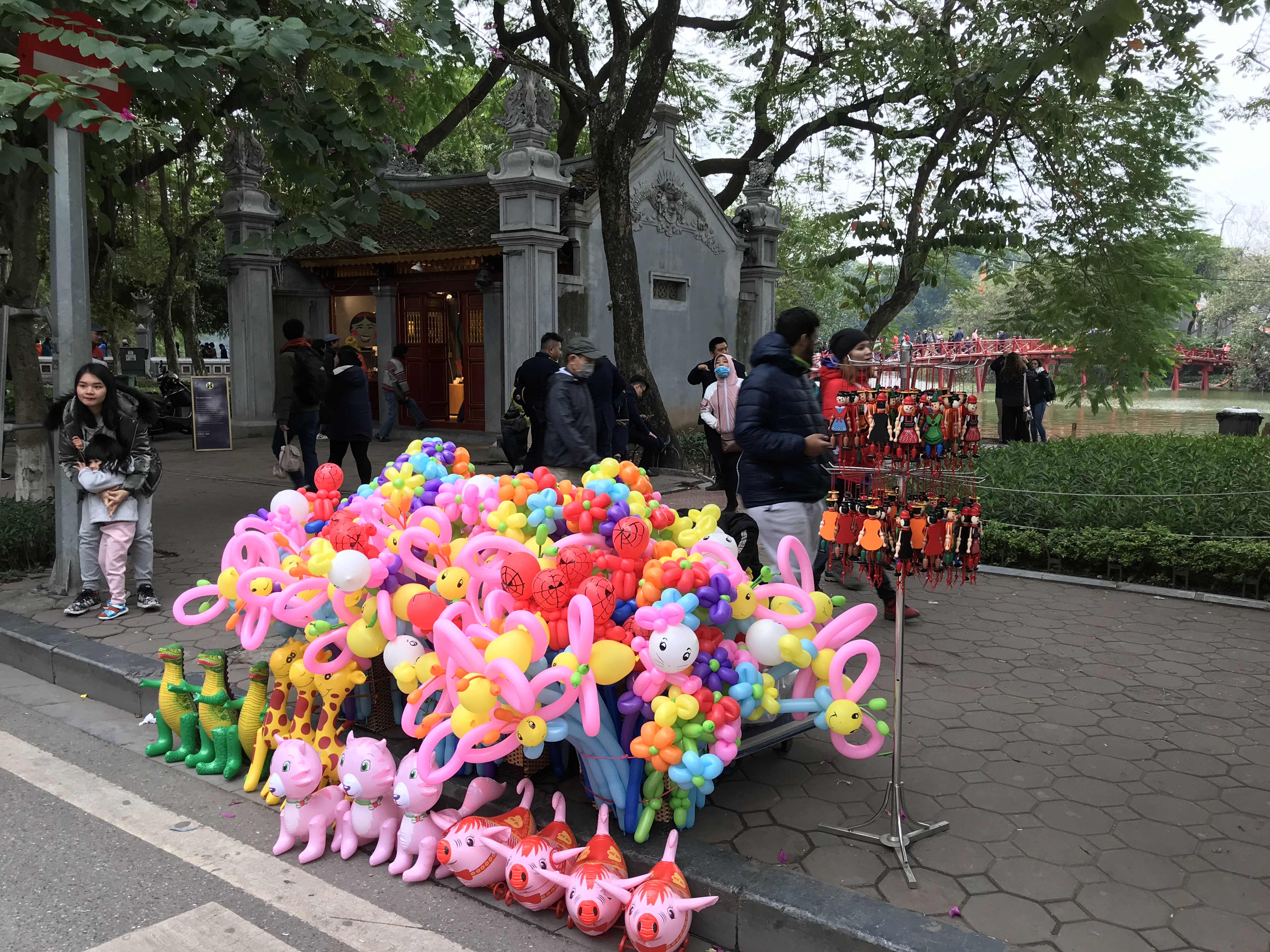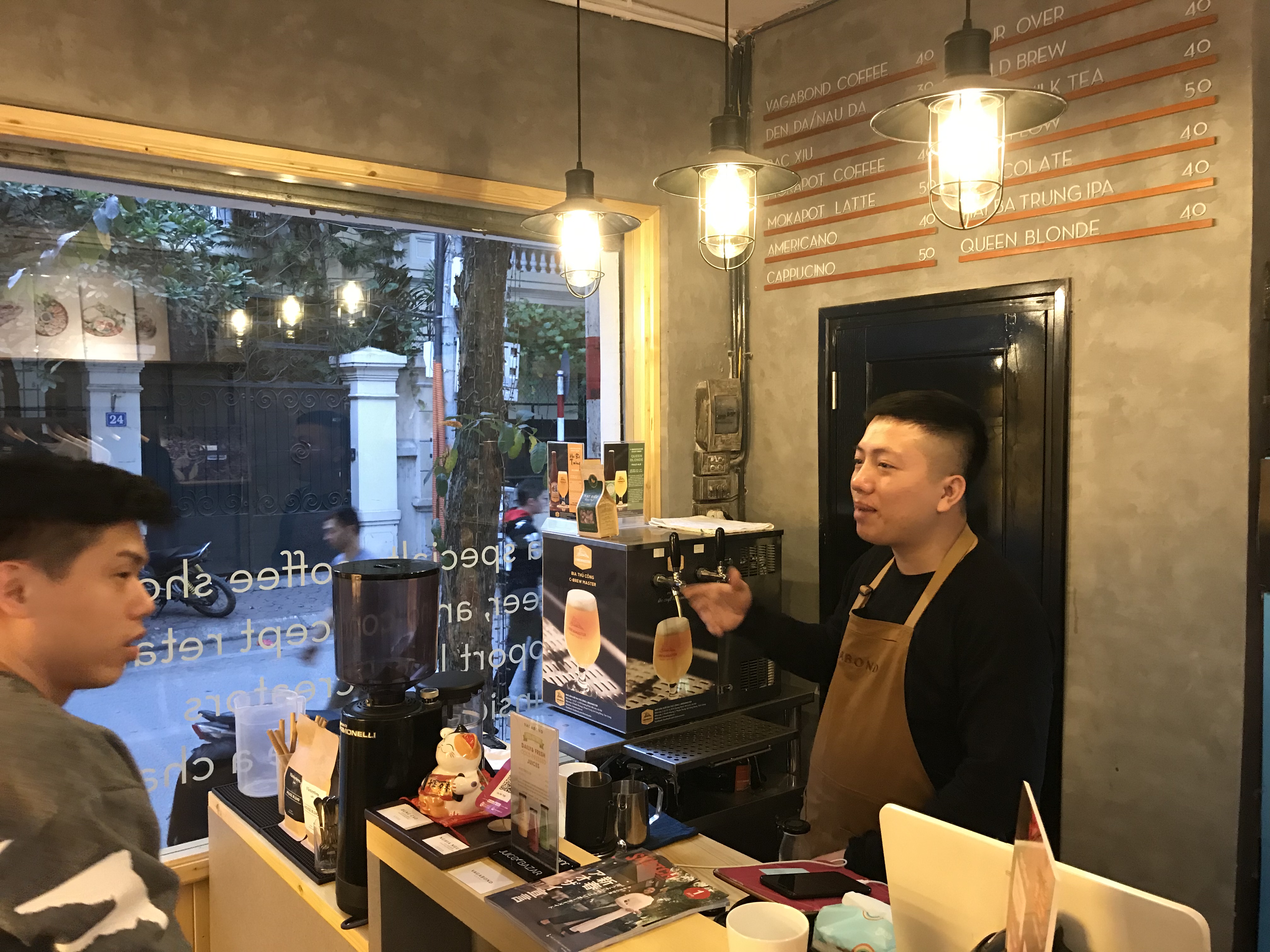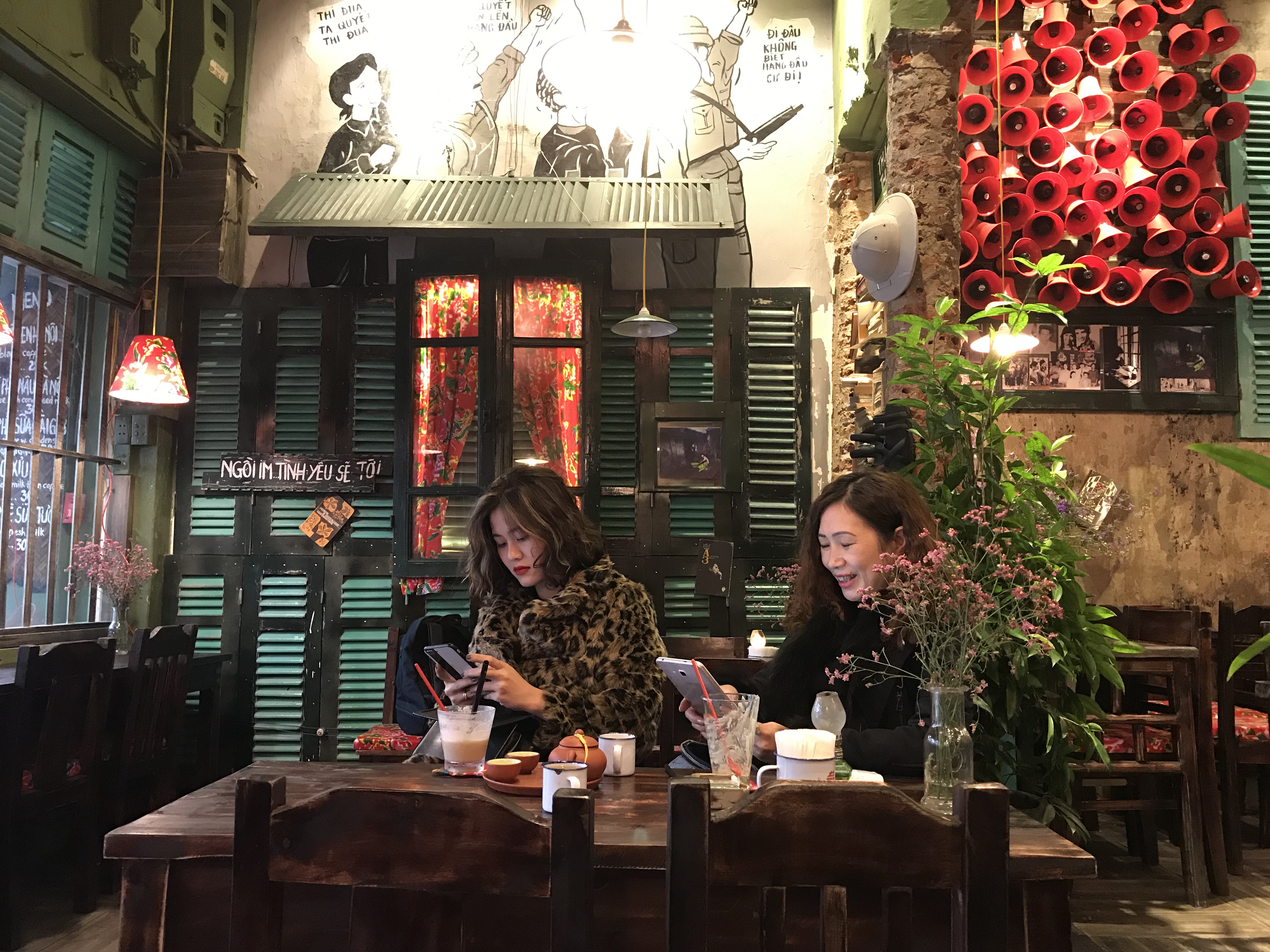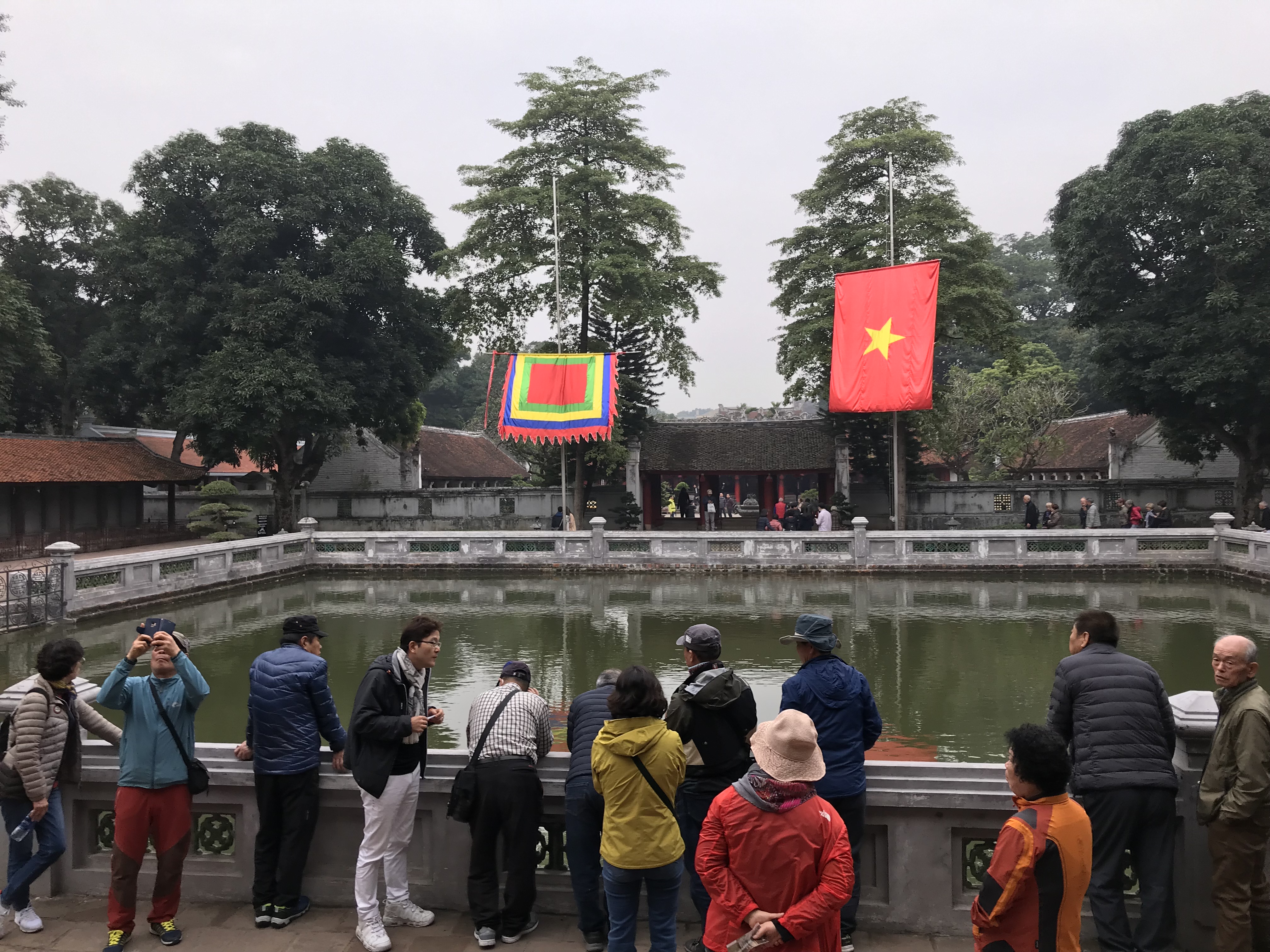I learned in Mexico that wisdom from the ancient times to now is needed to deal with the climate crisis and the challenges to our civilization of the time. Access to clean water, preparing for extreme weather, the survival of old ways of life, and how they can apply to us have become more crucial. Rooting out corruption and greed are the keys to the path forward. Wish it was this simple.
Out of all the places I went on Remote Year, the La Condesa Colonia definitely did not look like we were in a developing country. Parts of it and surrounding environs could be mistaken for leafy American suburbs, except for the orange jugs of whatever that are ubiquitously lugged around and the need to carefully source every beverage. It was the only place where we were advised to start taking probiotics and warned about how sick we could get. The attitude in Southeast Asia toward “surprise cleanses” seemed blase in comparison. When I got to Mexico, I watched the recommended BBC Doc “World’s Busiest Cities,” with a huge focus on the struggle for clean water in Mexico City, by far the largest city in North America and second largest in the Western Hemisphere. From dying ways of traditional life to corruption in poor neighborhoods to massive infrastructures to account for climate change, it was something that felt inescapable in Mexico City even in one of the most trendy and posh districts.
When I landed in NYC, I couldn’t help but be so astonished by the drinkable tap from the sink, but we have our problems and responsibilities. We have some much knowledge from past and present to shape the future.
Mexico City was also my last month on Remote Year, and the most close to home literally and also to the soul since I’m from SoCal. The rest are bits and bobs I wrote and reflected on before re-entering to a world where such mobility was about to dramatically come to a sudden halt.
8/16/19 The Second to Last Week
The thing that is strangest now to digest is what moments felt the most vivid versus those that have dulled through time. How much life that got packed in a privileged year versus real life. Realizing some of what makes travel special is actually its scarcity.
It feels ungrateful to say that sometimes this life has felt a little less special at moments because it is all the time and that one of the biggest things I learned this year was the need for rest and how to rest, and the need for some constants for health and self-care and how valuable those are, and how lucky I am to have those moments to recharge for the sheer insane energy an undertaking like this took.
Not sure how I will really feel back in a routine and the grind in NYC, I miss the things that used to grate at me, like the repetitiveness of life I think I’m more ready for. My mind and my body are catching up to my age and a more settled life phase that I’m happy to lead because I did the things I wanted to do when a lot of people will just give up on their hopes in dreams in their late twenties. I moved to NYC for a rising six figure salary and traveled the world for a year. How many people want to do that and could do it, but actually would? Me that’s who.
When I reflect back this week a lot of my thoughts circle around how connected and common the world is, how optimism and negative outlooks vary so much globally, and the strangeness of bonding and becoming friends with people I wouldn’t expect in a strange singular life snapshot.
Ultimately, I think I’ll measure this year more by the year that comes after and how much friendships and mindshifts actually stick.
The one thing I do walk away from is how much opportunity there is in the world and each moment in life, which is ironically difficult in the opportunity and distraction rich and scarcity mentality-rife that is New York corporate life. How lucky we are to live in a city with everything and opportunity, but people are so unhappy. I hope I don’t fall back into the mindset more than anything and embrace what comes next. Stop being afraid, and live with the consequences after all, after this, you can do it.
8/19/19 Confidence, the Growth Zone, and Gratitude
Scratching that Itch
When I left NY I wasn’t ready for the endless routine of life without accomplishing what I wanted to do: live aboard, adventure. I just wasn’t ready to settle and felt like the window to do so was closing. I wasn’t particularly happy with my career, but made leaps and bounds in development in my time abroad.
It’s funny now near the end, I want routine now. I think I’m happy to start settling in and meet someone to settle down. My wanderlust for something like this has been fulfilled. I can still imagine moving to another country for a bit or for long-term job travel, but I’m ready to be closer to my family, lean into my friendships for the long-term, find my career goals and life’s journey for the long haul.
I was pretty indifferent about the concept of the growth zone, which was a mantra. I even make jokes about, “What am I supposed to grow this year?” I just wanted to travel and see the world, and that seemed like enough work.
But here I am, with a growth zone tattoo on my ankle along with a lot of the group I traveled with.
I’m eternally grateful for the ability and health to take this journey. It’s not easy. Honestly, I feel really broken down. I’m so glad I did this. I’m so lucky to have had the privilege of a job and living in probably is one of the best times to be alive.
Processing Leaving
How do you even begin to process traveling for an entire year and living out of a suitcase? What prompts any sane person to go and then follow through to travel with a group of strangers, packing around month to parts unknown?
Leaving for an adventure was hard. Coming back is hard, will be hard. A year is short, but some years are more significant than others. I know it looks great in pictures, but I don’t know how to describe the moments I had where I wondered what insane people do this. I don’t know if I’ll ever stop being able to stop talking about and thinking about Remote Year, to the point it will annoy anyone who wasn’t on it, but you can’t do something like this for so long and so hard without it profoundly affecting you. I’ve learned a lot, and it’s part of my story I want to tell and will be writing about in the months to come and sharing the journey more intimately than the out-of-context random photo dumbs and Insta-stories.
At the Airport
I’m at the Mexico City airport wiping away tears but also excited for what comes next in life. I can think of two themes I can share about the year that I want to share in this moment and remember it first before the madness of finding a new place to live, going back to work, and building a life again at home swallows me for the next month.
- 緣分 In Chinese and Vietnamese culture, we have this idea of Yuan Fen. It’s one of those words that cannot truly be translated, but it refers to the serendipity of human relationships and who you are ‘meant to’ meet. I don’t necessarily believe in some cosmic force binding the universe together, but I believe that 緣分 is a precious quality and has too much inherent synchroneity to leave to chance. I felt a lot of loneliness and a lot of human connection this year. I traveled with effectively a group of white people all year, and no other Asian Americans quite like me. Even though my experience was different in a lot of ways, I also believe difference and acknowledging can make connection stronger and more honest. I’m surprised at how close and attached I got to the people I traveled with and how much more connected I feel to a larger world. From the tip of Canada to the Strait of Magellan, Las Americas are a mix of cultures shaped by a beautiful mix of people and tragedy of conquest and exploitation that we’re only beginning to unpack. In Asia, I’m surprised at how Asian I still am, not just by blood, but by thought and culture and how my life, future, soul will always live on both sides of the Pacific. And Europe, guarding the riches and sins of the old world, it felt like watching a case study in for trying to forge new integrated identity and reality in a world where old powers, antiquity, and homogeneity are fading.
This year was full of 緣, and prompted by it.
2. Growth Zone. This is the tattoo with the dot representing self, and a larger circle representing the growth zone – a Remote Year staple term. I really rejected the growth zone for a lot of the starting months because I just wanted to enjoy myself and the fact that life is insanely overstimulating you, not just seeing new things, but the fact you always have to be alert and even buying groceries or going to a pharmacies is so hard and different every month. This was our group tattoo for the month, and while I now share this with a dozen or so people the meaning is different for each of us.
For me and growth zone, and especially seeing all great work The Cosmos is going and what we’ve talking about and will be something to keep in mind the months moving forward is moving from a survival and scarcity mentality to an abundance mentality. The skills you use to survive, especially as the children of immigrants and refugees, can’t be what helps you thrive. I’ll see this reminder now every morning when I’m putting on my shoes, and think about all the amazing experiences I have and the people I shared it with who I grew to love.
My lesson from RY was going from survivorship to the possibilities of a global world, of seeing how much is there. I’m glad I got this lesson, because now reflecting back on this, it would be tested in a way I never imagined.





















































